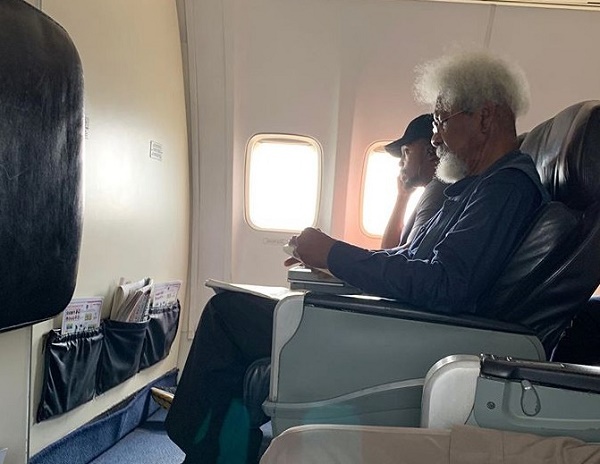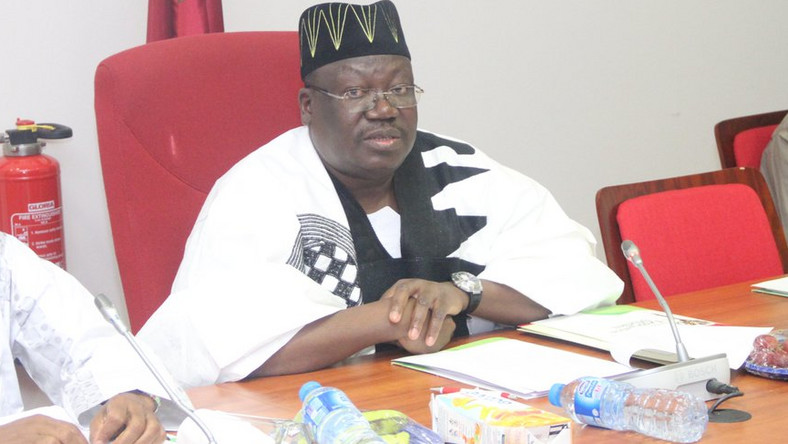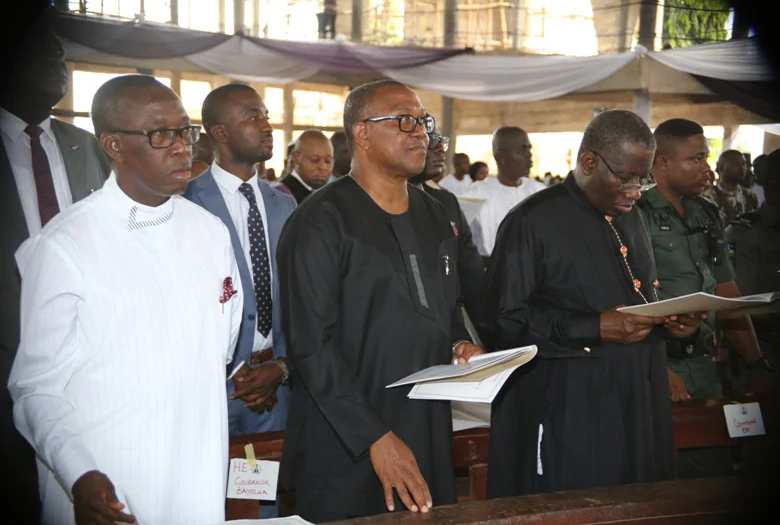Outrage as aircraft passenger asks Wole Soyinka to vacate his seat
Wole Soyinka, Nobel laureate, has broken his silence on the incident between him and an airline passenger.
Earlier in the week, Tonye Patrick, politician and businessman, had narrated how a young man had asked the scholar to vacate a seat allotted to him on an aircraft.
Cole said he was having a conversation with Soyinka when the young man sauntered in, saying the seat the professor occupied belonged to him.
He said all attempts to make the young man cede the seat to Soyinka did not yield the desired result.
Advertisement
The incident had sparked a debate on social media. While some people castigated him, others said he stood for his right.
In a statement on Saturday, Soyinka described what transpired in the aircraft as a non-issue, wondering why it generated a lot of attention.
“Those who permit themselves to be persuaded, even for one second that I, Wole Soyinka, having wrongly identified a seat number like millions of travellers all the time, and all over the the world, would then attempt to consolidate the error in any form, through act, word, or gesture, qualify to be the first beneficiaries of this vastly improved humanitarian policy,” he said.
Advertisement
The scholar jocularly said the airline could have imposed a fine on those who chose wrong seats.
“I don’t know how much airlines succeed in raising for their charity drives through those envelopes they distribute to passengers into which their captive donors are exhorted to deposit their loose change before disembarking. Such monies are then distributed to worthy causes all over the world, especially in the pursuit of health,” he said.
“What I am convinced of is that they would generate a hundred times more if they were more creative. For instance, they could impose a fine on passengers who take the wrong seat on boarding, even for a second. One can only rejoice in the thought of such benefits to humanity in its efforts to eradicate all kinds of diseases, especially malnutrition, and ensure the supply of nutrients that prevent the premature onset of brain impairment.”
Advertisement
Add a comment






